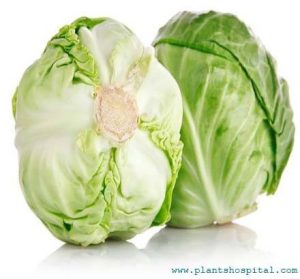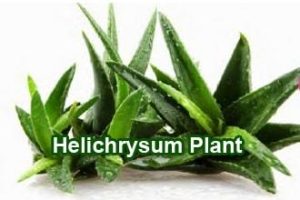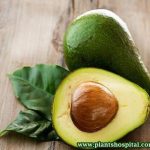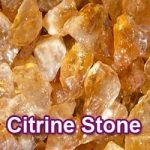Mint is a herbaceous herb that is fragrant useful for centuries with spices and medicinal herbs. Leaves of mint known for sharp and refreshing smell are white or Peruvian flowers.
Peppermint has a wide range of uses for health and cosmetic purposes and can be used as spices in many meals. In addition, Mint, which is very healing tea and oil, protects against diseases and strengthens the immune system.
Mint syrup is widely used as a sweetener in many drinks. Mint oil is used in toothpaste, gum, medicine and cosmetic products.
It is also used as a medicinal plant in the treatment of many diseases such as respiratory diseases, colds, bronchitis, and asthma.
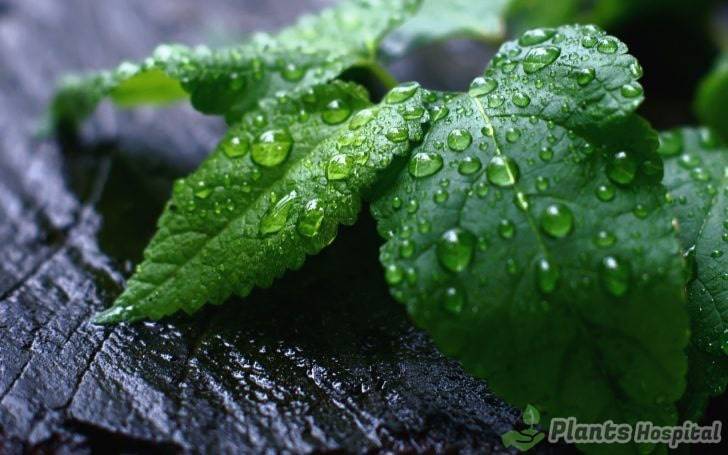
Table of Contents
What is Mint?
Mint is a popular herbaceous plant belonging to mentha species which can be used as fresh and dry.
Leaves of mint, known for its strong smell, refreshing and relaxing effect, are delicious spices and have a wide range of uses. The flowers of mint are white or Peruvian and can be used as fresh and dry in July.
It can be used widely in meals, salads, and teas, as well as in syrup, alcoholic and non-alcoholic beverages.
There are many types of mint used in toothpaste, gum, medicine and beauty products in the form of oil. This medicinal plant, which is the motherland of the Mediterranean region, is grown almost all over the world.
Medicinal Properties of Mint
This plant is very effective in relieving airways problems. Good for colds, bronchitis, and asthma. Essential oils contain antiseptic and pain reliever.
It is used as a sputum remover, to prevent halitosis and to support the accumulation of gases in the digestive tract. It prevents cell damage due to high antioxidant content.
Some areas of use of peppermint include:
- Eating fresh or dry mint leaves: Removes bad breath and mouth odor breath.
- Breathing of essential mint oils: it can improve brain function and cold sensitivity.
- Taking capsules with food: IBS (irritable bowel syndrome) and can be used to treat indigestion. nutritional value and vitamins of nanotechnology
It is very rich in vitamin C and vitamin A. It also contains high potassium, protein, folic acid, calcium, zinc, iron, and fiber. It contains % 1-3 menthol, menton, flavonoids, phenols, triperten and tannins.
It doesn’t contain calories. Fresh mint leaves, which add a sweet smell to salads and meals, increase the nutritional value of the meals.
What Are Health Benefits of Mint?
Mint is Good for Seasonal Allergies
Seasonal allergies and hay fever (rhinitis) affect millions of people worldwide. Extracts from mint leaves have been shown to suppress the release of certain chemicals that aggravate serious symptoms associated with hay fever and seasonal allergies.
It can offer a promising cure for seasonal allergy symptoms.
Prevents Prostate Cancer and Atherosclerosis
The antioxidant activity of rosmarinic acid in mint is stronger than vitamin E. Rosmarinic acid prevents cell damage caused by free radicals while reducing the risk of cancer and vessel obstruction.
Pre-clinical research shows that mint protects against DNA damage and cell death caused by radiation. Research has shown that mint prevents prostate cancer growth.
Relieves Indigestion
It is thought that the peppermint plant promotes bile flow to accelerate digestion and facilitate digestion. The combination of peppermint oil and cumin oil taken as capsules has been shown to have similar effects on drugs used in the treatment of indigestion. In particular, peppermint oil alleviates indigestion.
Editor’s Pick:
Good for Colds and Fever
It contains menthol, a natural and fragrant decongestant (a class of drugs used to relieve nasal congestion), which helps break down sputum and mucus.
Menthol has a cooling effect and can relieve sore throat and flu, especially when used in combination with tea.
It also triggers perspiration when consumed during high fever, thus breaking fever and accelerating the healing process.
Prevents Respiratory Disorders
Menthol, which is the main compound of the mint plant, is often used for the elimination of asthma and respiratory diseases caused by colds.
It is effective in removing congestion of nose, throat, bronchi, and lungs. It relaxes the throat, nose and other respiratory channels, calms and eliminates the irritation that causes a chronic cough.
It is possible to respond to the problem of asthma but through regular use.
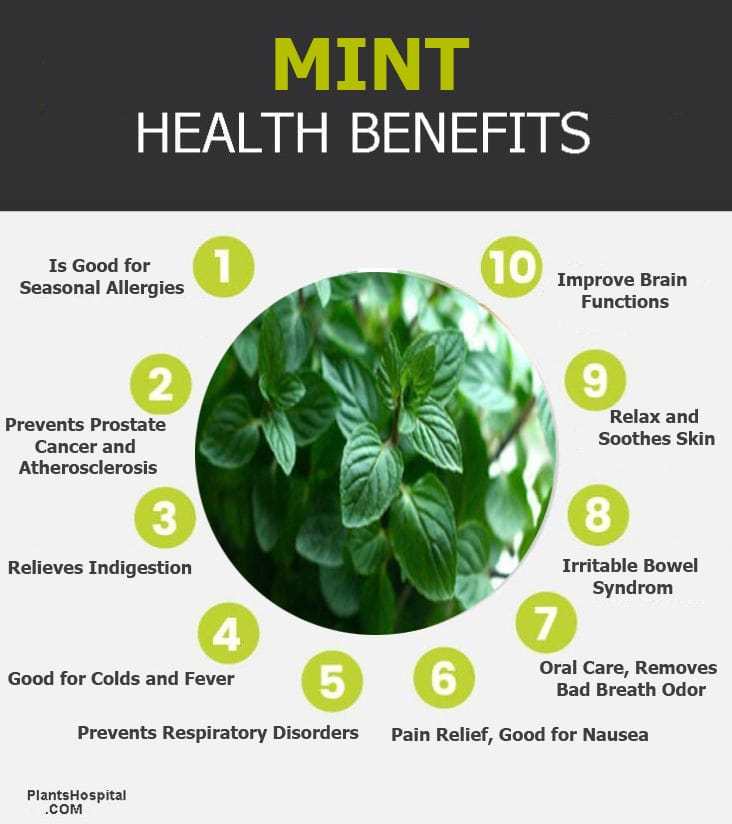
Pain Relief, Good for Nausea
Mint extract has been found to increase the threshold of pain in humans. Leaves, especially fresh crushed ones, help with nausea and headaches.
It was found that mint was effective for pain relief as a synthetic aspirin-style drug. The strong and refreshing aroma can be a quick and effective solution for nausea.
Mint oil is used in conjunction with Balzac and applied to the nose can relieve headaches and migraine is used.
Oral Care, Removes Bad Breath Odor
Mint-flavored chewing gum is one of the first natural methods that come to mind when trying to avoid shortness of breath or to get rid of bad breath. Fresh mint leaves are antibacterial and chewing these leaves relieves breathing.
Contributes to oral health by cleaning tongue and teeth by preventing harmful bacterial or microbial growth in the mouth, since has germicidal qualities and breath is relieved.
Mint leaves are applied directly to teeth and gums. It is therefore used in toothpaste, mouthwashes and other dental hygiene products.
Editor’s Pick:
Irritable Bowel Syndrom
Irritable bowel syndrome (IBS) is a common digestive system disorder. Stomach pain is characterized by signs of digestion, such as changes in gas, bloating and intestinal habits.
Covered peppermint oil capsules have been found to be safe and effective in the treatment of this common disorder, with enteric (coating process with a protective layer that allows the drug to dissolve in the intestine without damaging the stomach).
The use of regular and long-term peppermint oil capsules can provide significant relief in patients suffering from constipation, diarrhea or abdominal pain.
It has also been found that mint promotes gastric emptying and promotes potential use in clinical settings for patients with functional gastrointestinal disorders.
Relax and Soothes Skin
When applied to surface as peppermint oil, ointment or lotion, has a calming and cooling effect on skin affected by insect bites or other reactions.
Mint water is a perfect skin cleanser. Relaxes skin helps to treat infections and itching. It is also effective against acne.
Good for Breast Pain Associated with Breastfeeding
Peppermint water helps to prevent stretch marks in nipples and nipple pain in nursing mothers. Some studies have shown that the application of menthol essential oil to the area around breast after breastfeeding reduces the pain of nipple cracks.
Improve Brain Functions
It is thought that the inhalation of peppermint oils improves brain function. It also has properties such as increasing alertness of peppermint oil and reducing worry and fatigue levels.
Stronger levels of memory and mental alertness were observed in people using the main active ingredient from chewing gum species.
Although it has found no effect on the function of the brain.
Other Benefits of Mint
- A source of oil-soluble vitamin A that is critical to eye health and night vision.
- Peppermint water can be applied for healing and calming of burns.
- It may be useful in the treatment of rheumatism.
- Effective in the treatment of childhood colic.
- The use of topical peppermint oil can relieve shingles pain.
- Peppermint oil may reduce nausea related to chemotherapy.
- It can be used to prevent the recurrence of tuberculosis.
- It is a powerful antioxidant source compared to herbs and spices.
- Growing mint in your garden can help catch ants and flies.
- Can be used in the treatment of herpes.
- Can cope with hirsutism.
What Are the Damages of Peppermint?
1. Mint oil may have toxic effects when taken in high doses, may irritate throat and nose.
2. Pure menthol is poisonous and should never be taken internally.
3. If you have gallstones, be careful when consuming mint.
4. If you suffer from acid reflux or gastroesophageal reflux disease (GERD), drinking mint tea can increase the flow of stomach acid back to the esophagus and worsen the condition.
5. Avoid drinking peppermint tea and consuming mint during pregnancy.
6. Do not give mint tea to infants or young children even in small doses. Do not apply peppermint oil to the face of a baby or a small child, as this may cause breathing-blocking spasms.
7. Aromatic oil from mint may cause severe respiratory problems.
8. Nursing mothers should not drink mint tea.
9. It can interact with certain prescription medications, including those used to treat gastric acid, drugs used for treatment of diabetes, blood pressure medications, and cyclosporine. Do not drink mint tea if you are taking any medication without talking to your doctor.
10. Talk to your doctor before using mint to treat any disease.
Editor’s Pick:


